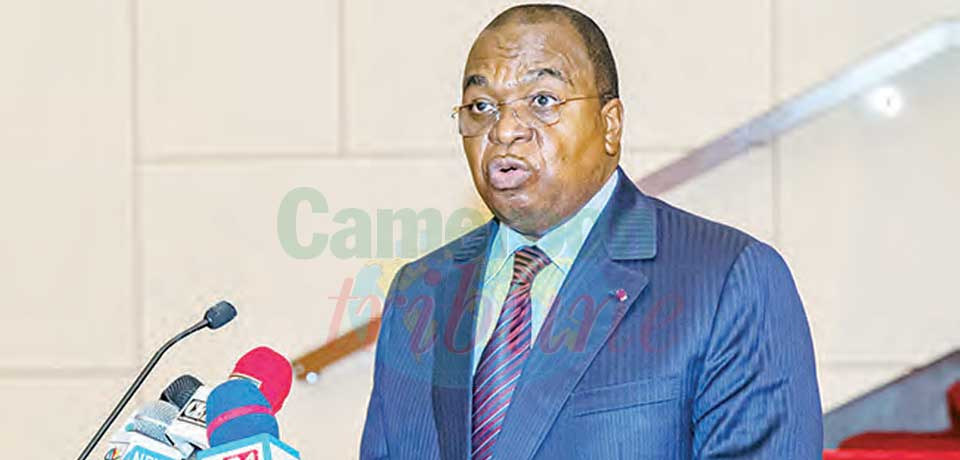Published on : 4/07/24 1:13 PM

The laws of 11 July 2018 relating respectively to the fiscal regime of the State and other public entities, and the Code of transparency and good governance in the management of public finances in Cameroon have enriched the process of elaborating the finance law with a crucial stage that is the Budgetary Orientation Debate (BOD). Indeed, article 11 of the abovementioned fiscal regime stipulates that: (1) “Each year before 1 July, the Government transmits to Parliament the medium-term framework documents…, accompanied by a report on the macroeconomic situation and ‘a report on the execution of the budget for the current fiscal year’; (2) “On the basis of these documents and reports, Parliament organizes a Budgetary Orientation Debate in public session, but without a vote.”
The Budgetary Orientation Debate allows Parliament to intervene upstream of the budgetary procedure to contribute to and ensure the definition, by the Government, of a sound and effective budgetary policy. This is the place for parliamentarians to ensure the realism of the macroeconomic hypotheses underlying the draft budget in preparation and to give their opinion on the Government’s budgetary choices.
In addition, the BOD offers the Legislature the opportunity to debate each year with the Government the sustainability of public finances, through better monitoring of public deficits and debt; the challenge being to create conditions for the adoption of finance laws permanently favourable to macroeconomic balance and stability.
The Medium-Term Budgetary Framework (MTBF), the Medium-Term Expenditure Frameworks (MTEF), the report on the macroeconomic situation and the report on the execution of the budget for the current fiscal year, required by the law governing the fiscal regime of the State and other public entities for the holding of the BOD, are likely to enable the Government and Parliament to meet this fundamental requirement for the transparency of public finances. However, for practical reasons, readability and consistency, the Government has taken the option of merging the content of these tools and reports into a single document called the “Medium-Term Economic and Budgetary Programming Document” abbreviated EBPD. The latter includes all the information necessary for a better assessment of the strategic options and budgetary orientations retained for the conduct of the economic and social development policy of the nation over the 2025-2027 period in consistency with the 2030 National Development Strategy.
The 2025-2027 Medium-Term Economic and Budgetary Programming Document (EBPD) falls in line with the holding of the sixth session of the BOD counting for the elaboration of the initial 2025 finance law, of which it defines the contours of budgetary policy and overall projections of resources and expenses.
In 2024, the BOD is being held in a context of uncertainties linked to inflationary tensions at the national and sub-regional levels. Despite this difficult context, the Government remains determined to meet numerous challenges, in particular those linked to the implementation of the 2030 National Development Strategy (NDS30) and the continuation of the Economic and 2024 BUDGETARY ORIENTATION DEBATE 2 Financial Programme (EFP) concluded in 2021 with the International Monetary Fund (IMF) and supported by all technical and financial partners.
The EBPD submitted to Parliamentary discussion was adopted by the Government in Cabinet Meeting, in accordance with articles 26 and 28 of the decree of 31 May 2019 to set the State budget calendar. It is structured around four (4) chapters: